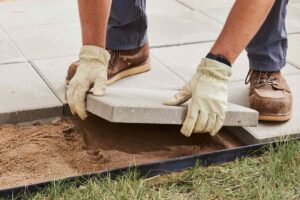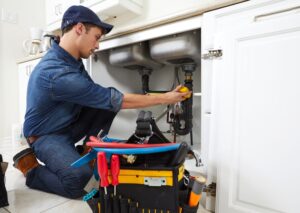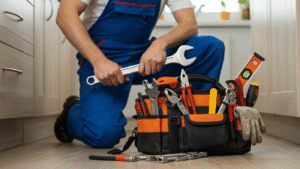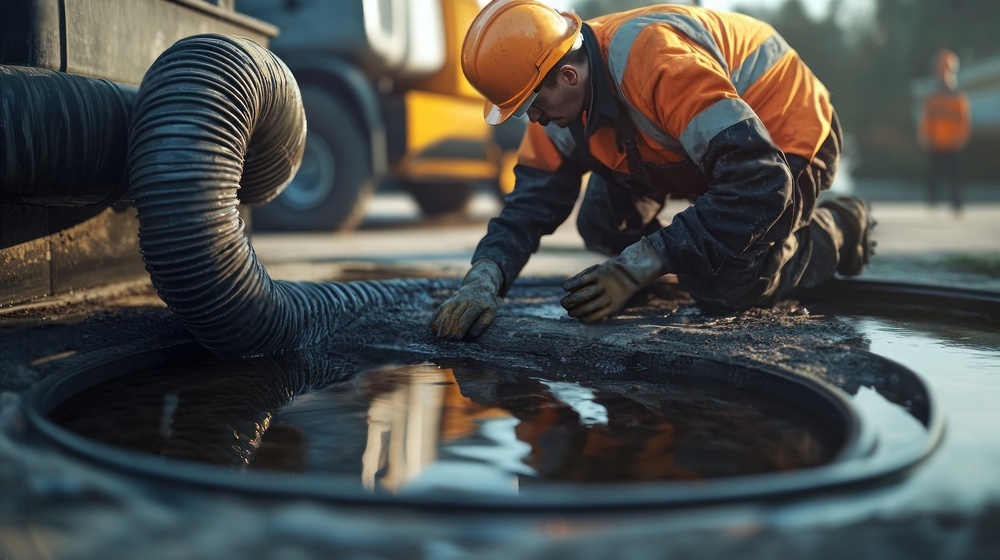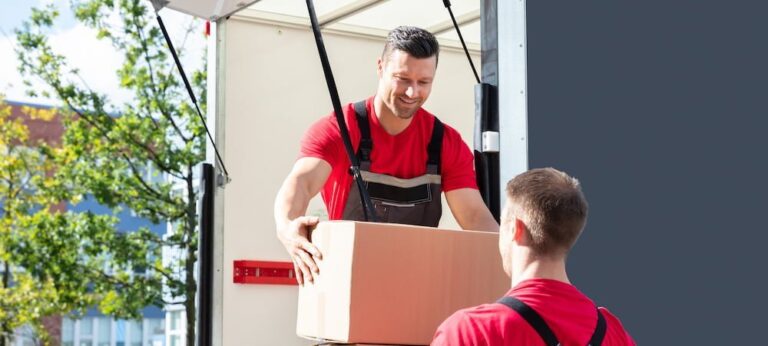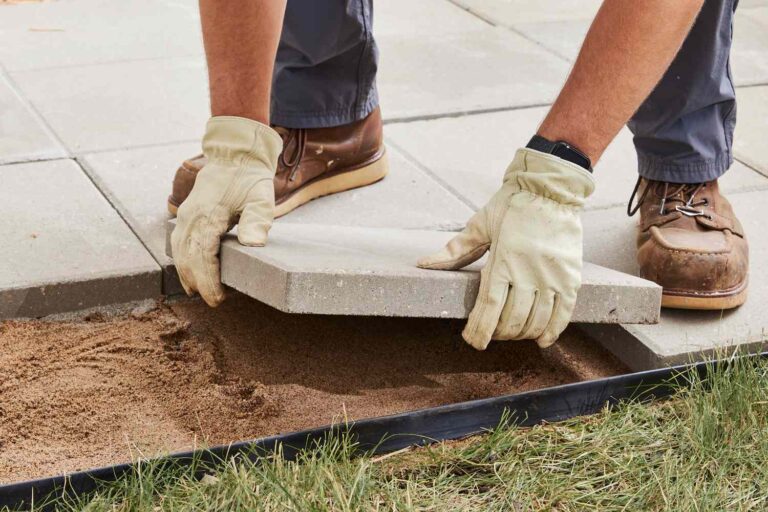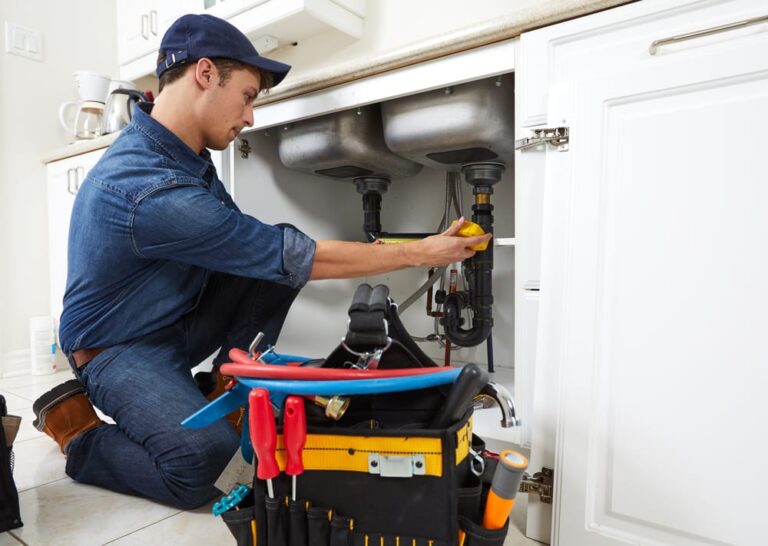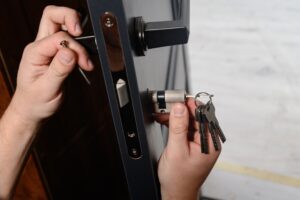Nashville homeowners know the importance of maintaining their properties, but one crucial aspect often goes overlooked: the sewer line. This vital component of your home’s plumbing system requires attention and care to prevent costly and messy problems. In this comprehensive guide, we’ll explore everything you need to know about sewer line repair in Nashville and the surrounding areas.
Introduction to Sewer Line Repair
Sewer lines are the unsung heroes of our homes, quietly carrying away waste and ensuring our living spaces remain sanitary. However, when these essential pipes encounter issues, the consequences can be severe. Sewer line repair is a critical service that addresses damages and maintains the functionality of your home’s waste management system.
The Importance of Functional Sewer Lines
Functional sewer lines are essential for:
- Preventing sewage backups into your home
- Maintaining proper drainage
- Protecting your property’s foundation
- Ensuring compliance with local health codes
Signs You Need Sewer Line Repair
Recognizing the signs of sewer line problems early can save you from extensive damage and costly repairs. Here are some indicators that you may need sewer line repair:
Visible Warning Signs
Look out for these red flags:
- Wet or sunken spots in your yard
- Foul odors around your property
- Slow draining sinks, tubs, or toilets
- Gurgling sounds from drains
Hidden Symptoms
Be aware of less obvious signs:
- Unexplained increase in water bills
- Presence of mold or mildew in basements
- Cracks in your home’s foundation
Common Causes of Sewer Line Damage
Understanding what causes sewer line damage can help you prevent future issues. Some common culprits include:
Natural Factors
Mother Nature can wreak havoc on sewer lines:
- Tree root intrusion
- Soil shifting and settling
- Extreme temperature changes
Human-Induced Problems
Our actions can also lead to sewer line damage:
- Flushing non-biodegradable items
- Pouring grease down drains
- DIY plumbing mistakes
Sewer Line Inspection: What to Expect
Before any repair work begins, a thorough inspection is crucial. Here’s what you can expect during a professional sewer line inspection:
Camera Inspection Process
Modern technology makes inspections less invasive:
- High-resolution cameras navigate through pipes
- Real-time video feed identifies issues
- Accurate problem diagnosis without excavation
Interpreting Inspection Results
Understanding the findings is key:
- Professional analysis of video footage
- Identification of damage types and locations
- Recommendations for appropriate repair methods
Types of Sewer Line Repair Methods
There are several methods available for sewer line repair, each suited to different situations:
Traditional Repair Methods
Sometimes, the old ways are still effective:
- Excavation and pipe replacement
- Spot repairs for localized damage
Modern Trenchless Techniques
Innovative approaches minimize disruption:
- Pipe lining (CIPP)
- Pipe bursting
- Sectional point repair
Traditional vs. Trenchless Sewer Line Repair
Choosing between traditional and trenchless methods depends on various factors:
Pros and Cons of Traditional Repair
Traditional methods have their place:
- Pros: Comprehensive replacement, visual confirmation
- Cons: Extensive excavation, landscape damage
Benefits of Trenchless Technology
Trenchless repairs offer several advantages:
- Minimal surface disruption
- Faster completion times
- Often more cost-effective in the long run
How Much Does Sewer Line Repair Cost?
The cost of sewer line repair can vary widely based on several factors:
Factors Affecting Repair Costs
Consider these elements when budgeting:
- Extent of damage
- Repair method chosen
- Length of affected pipe
- Accessibility of the damaged area
Average Costs in Nashville
Local market rates influence pricing:
- Range from $3,000 to $25,000+
- Trenchless methods often fall in the middle of this range
Why Timely Repair is Critical
Addressing sewer line issues promptly is crucial for several reasons:
Preventing Further Damage
Quick action can limit the scope of repairs:
- Stops small cracks from becoming major breaks
- Prevents sewage from contaminating soil and groundwater
Health and Safety Considerations
Protecting your family’s well-being is paramount:
- Eliminates exposure to harmful bacteria
- Reduces risk of mold growth and associated health issues
DIY vs. Professional Sewer Line Repair
While some homeowners may be tempted to tackle sewer line repairs themselves, it’s essential to understand the risks and benefits of DIY versus professional services:
Risks of DIY Repairs
Attempting repairs without proper knowledge can be dangerous:
- Potential for personal injury
- Risk of exacerbating the problem
- Possible code violations
Benefits of Professional Services
Expert help offers peace of mind:
- Access to specialized equipment
- Guaranteed workmanship
- Compliance with local regulations
Choosing the Right Sewer Line Repair Service in Nashville
Selecting the right professional for your sewer line repair is crucial. Here’s what to look for:
Qualifications to Consider
Ensure your chosen service meets these criteria:
- Proper licensing and insurance
- Years of experience in the Nashville area
- Positive customer reviews and testimonials
Questions to Ask Potential Providers
Don’t hesitate to inquire about:
- Detailed cost estimates
- Warranty offerings
- Emergency service availability
The Sewer Line Repair Process: Step-by-Step
Understanding the repair process can help ease your mind. Here’s a typical sequence of events:
Initial Assessment and Quote
The first steps in addressing your sewer line issues:
- On-site inspection
- Camera diagnosis
- Detailed repair plan and cost estimate
The Repair Procedure
What to expect during the actual repair:
- Site preparation and safety measures
- Repair execution (traditional or trenchless)
- Testing and quality assurance
Post-Repair Follow-Up
Ensuring long-term satisfaction:
- Final inspection
- Clean-up and restoration
- Maintenance recommendations
Preventing Future Sewer Line Issues
After your sewer line is repaired, take steps to prevent future problems:
Regular Maintenance Tips
Proactive care can save you money in the long run:
- Schedule annual inspections
- Use enzyme-based drain cleaners
- Be mindful of what you flush or pour down drains
Long-Term Prevention Strategies
Invest in your sewer line’s future:
- Consider installing root barriers
- Upgrade to more durable pipe materials when possible
- Address minor issues promptly to prevent major failures
Key Takeaways:
- Recognize the signs of sewer line problems early to prevent extensive damage.
- Choose between traditional and trenchless repair methods based on your specific situation.
- Understand the factors that influence repair costs to budget appropriately.
- Always opt for professional services over DIY repairs for sewer line issues.
- Implement preventive measures to avoid future sewer line problems and costly repairs.
By staying informed and proactive about your sewer line’s health, you can protect your home, your wallet, and your peace of mind. Don’t wait for a plumbing emergency – schedule a sewer line inspection today and take the first step towards a worry-free home.
Sewer line repair in Nashville doesn’t have to be a daunting prospect. With the right knowledge and professional assistance, you can address issues efficiently and effectively, ensuring your home’s plumbing system remains in top condition for years to come.
How often should I have my sewer line inspected?
It’s recommended to have your sewer line inspected annually, even if you’re not experiencing any issues. Regular inspections can catch potential problems early, preventing costly repairs down the line. Many homeowners in Nashville schedule these inspections along with their routine plumbing maintenance to ensure their entire system stays in top condition.
Can tree roots really damage my sewer line?
Yes, tree roots can cause significant damage to sewer lines. As roots seek water sources, they can infiltrate small cracks or joints in pipes, expanding over time and causing blockages or breaks. In Nashville’s lush environment, this is a common issue. If you have large trees near your sewer line, consider regular inspections and potentially installing root barriers for protection.
Is trenchless sewer line repair always the best option?
While trenchless repair methods are often preferred for their minimal invasiveness, they’re not always the best choice for every situation. The best repair method depends on factors like the extent of damage, pipe location, and soil conditions. In Nashville, where property layouts vary widely, a professional assessment is crucial to determine the most effective and cost-efficient repair approach for your specific case.


